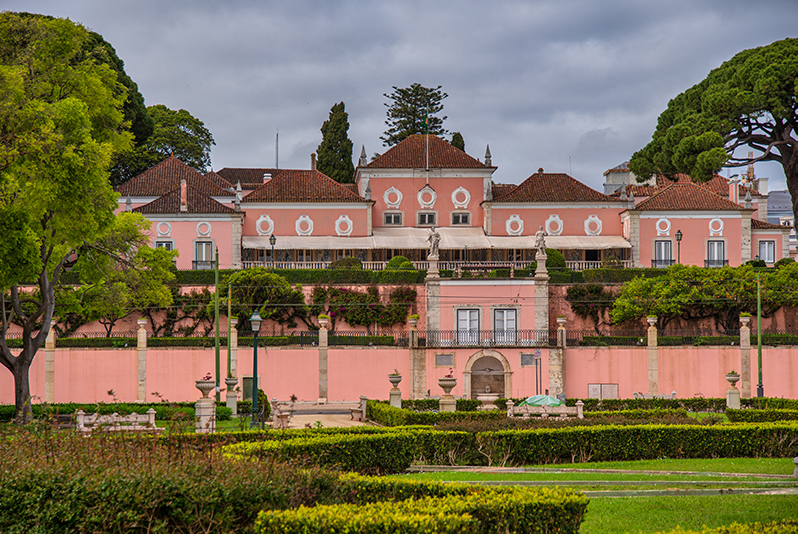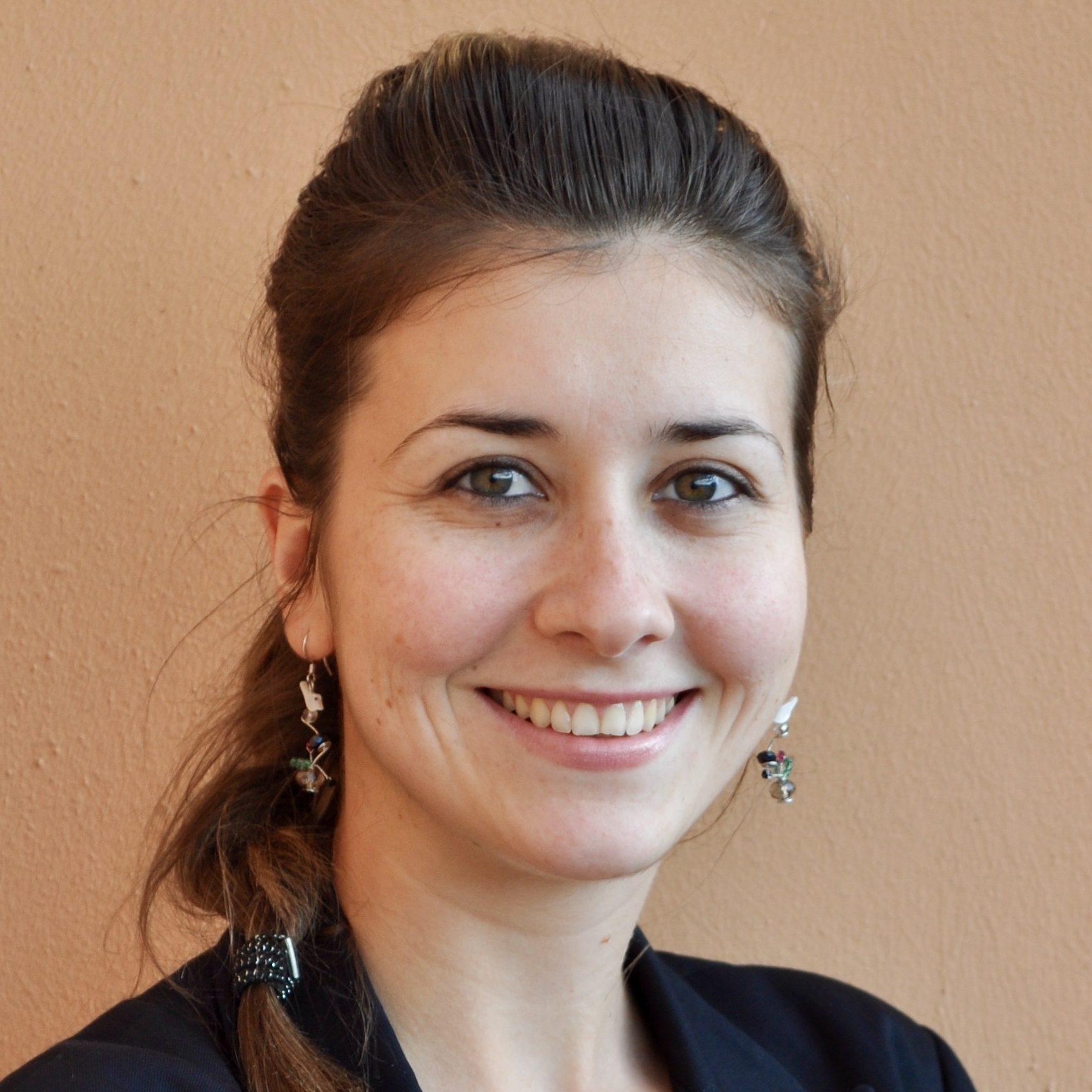In January, less than two weeks before Portugal’s presidential election was scheduled, a new wave of the coronavirus threatened to overwhelm hospitals and led the Portuguese government to put the country back under lockdown. But unlike other countries, which postponed elections due to similar events, Portugal’s election moved forward as scheduled. While Portugal’s elections appeared well administered, Portugal made some missteps in the run up to the election that made it more vulnerable to potential interference, contributed to lower than expected turnout, and increased the risk of making its citizens more distrustful of their democracy.
Turnout was approximately 39 percent, the lowest ever recorded for a presidential election in Portugal. Understandably, some voters chose to stay home rather than vote in-person and risk exposure to the coronavirus. Portugal offered both in-person early and election day voting, but it did not offer other ways to vote, such as postal voting, which made it harder for certain groups of voters to successfully cast ballots, including Portuguese emigrants. Special voting arrangements, such as early and postal voting, expand voting opportunities to individuals who are otherwise not able to vote, facilitating the principle of universal suffrage. This can also increase the perception of the legitimacy of the elections’ outcomes and voters’ confidence in the process.
And while Marcelo Rebelo de Sousa, Portugal’s center-right president, easily secured another five-year term with approximately 61 percent of the vote, Andre Ventura, a far-right ultranationalist, came in third with almost 12 percent of votes. This development is notable considering that Ventura’s political party, Chega, is only a couple years old, and that Portugal had long stood out previously in Europe for not having a far-right presence in its legislature.
Addressing these challenges not only helps Portugal; it helps other countries holding elections during the pandemic learn from Portugal’s recent example. It can also raise citizens’ confidence in their democratic electoral processes and help prevent malign actors from exploiting societal concerns and doubts about them during the coronavirus pandemic and beyond to undermine democratic systems.
Here are four ways Portugal and other countries can strengthen their democratic processes.
-
Ensure that the national legal framework can withstand exceptional circumstances, such as a pandemic.
Portugal made significant efforts to try to adjust its electoral framework to better accommodate voters during the coronavirus pandemic. For example, it adopted several amendments in November 2020 in response to the pandemic that reduced the maximum number of voters per polling place, increased the number of polling places, allowed for early voting, and expanded home-based voting arrangements to better accommodate those voters who couldn’t visit a polling place during the election for a variety of reasons, including the pandemic.
Unfortunately, similar access was not afforded to out-of-country (abroad) voters, who often had to travel much farther to cast their ballot. Abroad voters voted at more than 100 designated consular posts defined by the Ministry of Foreign Affairs during an early voting period that went from January 12-14, and from 171 polling stations spread throughout 150 consular services worldwide during January 23-24. Going forward, Portugal and other countries trying to conduct elections during the pandemic could consider offering postal voting to help ensure all voters, including abroad voters, have a reasonable opportunity to vote regardless of the circumstances surrounding the election.
Portugal could also consider inserting a provision into its Constitution that would allow elections to be postponed during a state of emergency. Dozens of elections across the world have been postponed due to the coronavirus pandemic. While there can be good reasons for holding an election, even during an emergency, there are also scenarios where postponing an election is democratically legitimate as well, and countries should be prepared for that. For example, if a natural disaster takes place close to or during an election that is a threat to human life and health, having the option to postpone the election for a period of time could come in handy.
Updating Portugal’s legal framework could help restore voter confidence in the country’s elections and democracy, more broadly, and serve as a guide for other countries on how to make their democracies more resilient.
-
Conduct proactive and coordinated outreach to ensure that the election process is perceived as legitimate.
Prior to the presidential election, Portuguese citizens were among the most distrustful of their country’s government in the world. 71 percent of its population believes that their government “rarely” or “never” acts in the interest of the public, and 64 percent of its citizens distrust the news they read or watch. A week before this election, a poll found that almost two-thirds of Portuguese citizens thought the election should have been postponed because of the pandemic, and the election was marked by record abstentions.
If Portuguese officials ever encounter another dilemma about holding or postponing a major election, they need to more clearly and publicly explain their rationale to help ensure voter confidence in the country’s elections in a united, transpartisan manner. Such an explanation should include publicly identifying the issues at stake, the reasons for the decision, and the processes in place to safeguard the election. While there can be good reasons to postpone an election due to the pandemic, there are also a multitude of reasons to go forward with an election, such as the desire to hold regular, periodic elections—a defining characteristic of a democracy.
Trust building is a long-term effort which correlates closely with citizens’ satisfaction with the functioning of their national governments. Countries should constantly seek to learn from each other’s experiences to improve their own democratic processes and ensure they are held accountable to their citizenries. The next elections in Europe will be held on April 4 in Bulgaria— a country that also has low trust in its national government, which diminished even further during the first phases of the pandemic. Applying lessons learned from the Portuguese experience and other preceding elections held during the pandemic, when governments faced increased concerns and skepticism from their citizens, may help ensure that the election process is perceived as robust and legitimate.
-
Ensure that the future elections are more free and resilient to malicious activity, like mis- and disinformation.
It is critical that government officials, in partnership with social media platforms, adequately prepare the information space for the onslaught of manipulated information that can accompany changes to an election, including changes made as a result of the pandemic. If such preparation had occurred for Portugal’s election, it could have been more successful.
After handling the early stages of the pandemic well by deploying many interventions, including imposing a full national lockdown, the country subsequently relaxed restrictions. Portuguese citizens started mixing while the country had a baseline level of infectious disease. As a result, by January 2021 the country was experiencing a surge in coronavirus deaths, and its health system was on the brink of collapse, so the country imposed another lockdown.
The pandemic—and the confusion around it—provides fertile ground for malign actors to spread rumors, disinformation, and conspiracy theories. This can sow further doubt in government and undermine trust in the credibility and capacity of democratic representatives to address the pandemic effectively. The government’s fluctuation between openings and shutdowns made the population insecure and prone to manipulated information. In February 2021, a fake document circulated on WhatsApp that claimed to show Portugal’s latest plans for lifting its coronavirus lockdown. The false document was said to be “an ‘abusive adulteration’ of the deconfinement plan” which the government had published in April 2020. With this document, false expectations have been raised.
Malign actors often exploit crises by spreading manipulated information and fueling tensions within society during decisive periods for democracy. In October 2017, during Portugal’s forest fires, false stories began to circulate about the Portuguese prime minister going on vacation during the national environmental crisis. The same narrative went viral only a couple of years later, but during a critical time for Portuguese democracy, prior to the 2019’s parliamentary elections, in an attempt to deceive the public and undermine the government’s credibility.
Alternatively, far-right candidate Andre Ventura’s behavior during the pandemic has been remarkably consistent: he criticizes measures such as lockdowns and other restrictions that are proven to slow the spread of the pandemic as anti-establishment, touts the importance of “law and order,” and falsely blames what ails society on the poor and minorities that have historically been discriminated against, such as the Roma. This potent mix of nativism, populism, and authoritarianism represents a threat not only to certain segments of Portuguese society, but to democracy in Portugal more broadly. Moreover, such rhetoric has also garnered the far-right candidate tremendous media attention—attention which appears to have helped him win a parliament seat in 2019 and place as well as he did in this presidential election.
-
Next Steps
As democracies across the world confront external threats from authoritarian governments and internal challenges from domestic actors seeking to weaken democratic norms and institutions, Portugal should conduct an after-action report that examines the country’s conduct of the presidential election and its possible vulnerabilities to both foreign and domestic interference. As part of such a report, Portugal should: 1) consider how to make voting more accessible; 2) clarify how domestic and international observers can observe its future elections; 3) develop a framework for deciding whether and how to hold elections under emergency conditions; and 4) evaluate how vulnerable Portugal is to manipulated information about its elections and which measures have already been adopted or underway to build resilience against it.
As we review the recent elections held during the coronavirus pandemic and await the upcoming Bulgarian parliamentary elections, it is important to continue identifying both strengths and weaknesses in different countries’ democratic processes and discourses. Democracies have a unique opportunity to lead by example and contribute to making their future elections more robust and inspire other countries trying to conduct elections during this global health crisis.
The views expressed in GMF publications and commentary are the views of the author alone.






